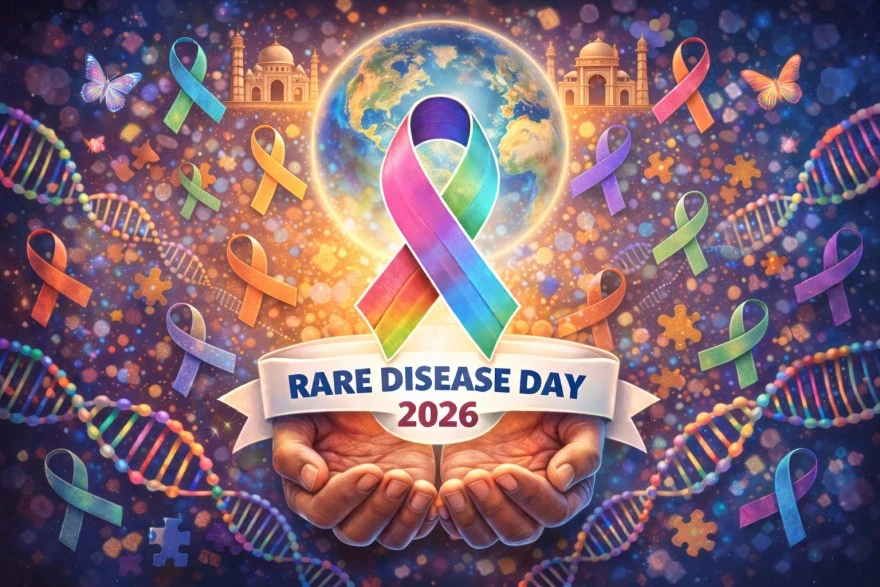ROS1 Gene Rearrangement by FISH Test
Also known as: ROS1 gene rearrangement, Tissue
Overview
The discovery of a variety of genetic alterations in non-small-cell lung cancer (NSCLC) has enabled the use of targeted therapy.
ROS1 gene rearrangement, Tissue Price
Metropolis Healthcare is a leading diagnostics centre and pathology lab in India equipped with the latest state-of-the-art technologies that provides the ROS1 gene rearrangement, Tissue with a clear pricing structure.
The ROS1 gene rearrangement, Tissue Price in Mumbai is ₹ 12,190 .
We are committed to deliver accurate and quality results from the best labs in India with complete transparency regarding test cost and turnaround time. No matter where you are, we strive to offer patients high-quality service that is affordable and accessible.
Frequently Asked Questions
Identifying c-ros oncogene 1 (ROS1) gene rearrangements in patients with late-stage, lung adenocarcinomas that are negative for epidermal growth factor receptor (EGFR) mutations and anaplastic lymphoma kinase (ALK) rearrangements.
Your doctor may suggest to Identify c-ros oncogene 1 (ROS1) gene rearrangements in patients with late-stage, lung adenocarcinomas that are negative for epidermal growth factor receptor (EGFR) mutations and anaplastic lymphoma kinase (ALK) rearrangements.
The discovery of a variety of genetic alterations in non-small-cell lung cancer (NSCLC) has enabled the use of targeted therapy such as the anaplastic lymphoma kinase (ALK) inhibitor, crizotinib, and the epidermal growth factor receptor (EGFR) tyrosine kinase inhibitor, erlotinib, for NSCLC with ALK rearrangements and EGFR mutations, respectively. The c-ros oncogene 1 (ROS1), has been identified as a potential relevant therapeutic target in lung adenocarcinoma.s.
Ratings & Reviews (0)
Why Metropolis?
Metropolis has a team of 200 senior pathologists and over 2000 technicians delivering diagnostic solutions in the areas of routine, semi specialty and super specialty domains like Oncology, Neurology, Gynaecology, Nephrology and many more.
We offer a comprehensive range of 4000+ clinical laboratory tests and profiles, which are used for prediction, early detection, diagnostic screening, confirmation and/or monitoring of the disease.





















 WhatsApp
WhatsApp